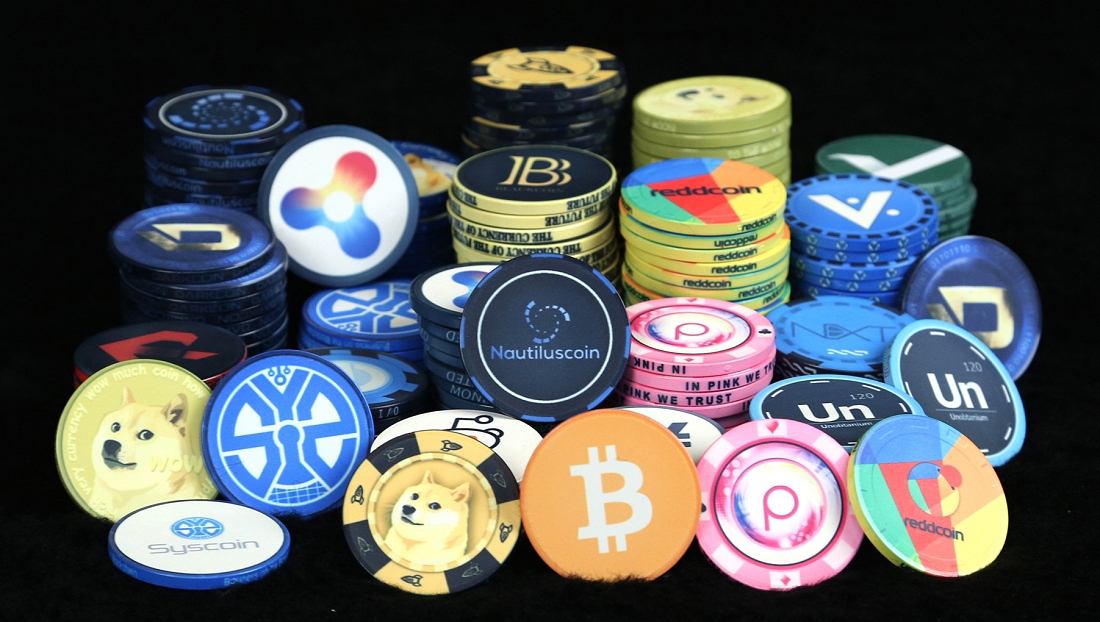
Cryptocurrency enthusiasts across the web are adding Confido to their blacklist. That’s because the startup, which recently raised nearly $375,000 through an initial coin offering (ICO), has suddenly pulled a disappearing act that left investors empty-handed.
As The Next Web highlights, Confido set out with the promise of creating a decentralized trustless payment solution for online shopping. Things went south, however, when the company recently informed investors that a legal issue was forcing them to halt development indefinitely.
The company’s website was wiped shortly after, as was its presence on social media sites like Facebook and Twitter. Its value has since plummeted like a rock.
After some digging around by Reddit sleuths, it appears as through Confido’s founder and staff profiles were all bogus. In other words, this was likely one giant ruse intended to swindle people out of money from the very beginning.
This is hardly surprising news as cryptocurrency in general is ripe with fraud. Indeed, while Bitcoin and a few other virtual currencies have become quite profitable in recent years, the industry as a whole will need to overcome the negative stigma – and the very real dangers – that stories like this help foster.
A recent survey of Bitcoin investors, for example, found that 44.15 percent of those polled said they routinely worry about the technological security of their investment. That’ll have to come way down for Bitcoin and other cryptocurrencies to have a shot at mainstream success.